Chinese media also praised him a lot! Why Yuzuru Hanyu’s popularity is booming in China

An article titled “Yuzuru Hanyu is popular in China” is very popular on the Japanese Internet these days. For Japanese people, it is not a bad thing to hear that the greatest treasure of our country’s athletic world is also gaining popularity in China. Some of them may even feel a little proud and tickled with a sense of superiority.
Qianjiang Evening News, a local media outlet in Zhejiang Province, reported , “The whole world is looking for Yuzuru Hanyu, how popular is he? Always at the top of search trends”. In the article, it says
The article says, “Yuzuru Hanyu’s name is always at the top of the search results. It’s not because Hanyu has done anything, it’s because there’s nothing going on.
He added. He added
Hanyu’s courage and persistence in constantly taking on challenges. This is the charm of Hanyu.
“His performance expresses the beauty of figure skating to the fullest.
“His performance fully expresses the beauty of figure skating. Chen Jing, a sports commentator for China Central Television (CCTV), the equivalent of NHK, said
We are very lucky. We are very fortunate to have met Yuzuru Hanyu at his best time as an athlete. We are very fortunate to have met Yuzuru Hanyu during his best years as an athlete, and I am sure that his memory will remain in people’s hearts forever, even after his youth has passed away.
He also praised her.
I also contacted a Chinese woman in her thirties who was a fan of Hanyu on Weibo and asked her about it.
I’ve been a fan since the Sochi Olympics in 2014. Yuzuru Hanyu is a gifted, hardworking, and spirited person. His artistic ability is outstanding. I am fascinated by his talent.”
He said.
Why is Yuzuru Hanyu so popular in China?
In 2014, during the official practice for the Grand Prix Series in Shanghai, Hanyu was injured in a collision with Chinese skater Yan Han, but he was able to finish his performance, which was very moving.
In 2015, Hanyu signed “Thank you China” in Chinese.
At the award ceremony of the World Championships in Finland in 2017, Hanyu helped China’s Kim Bo-Yang when he realized that the flag he was holding was reversed. Hanyu said in Chinese, “加油! (=Good luck!)” in Chinese. in Chinese.
(Good luck!)” in Chinese. While episodes such as these are often cited, I would like to consider other reasons.
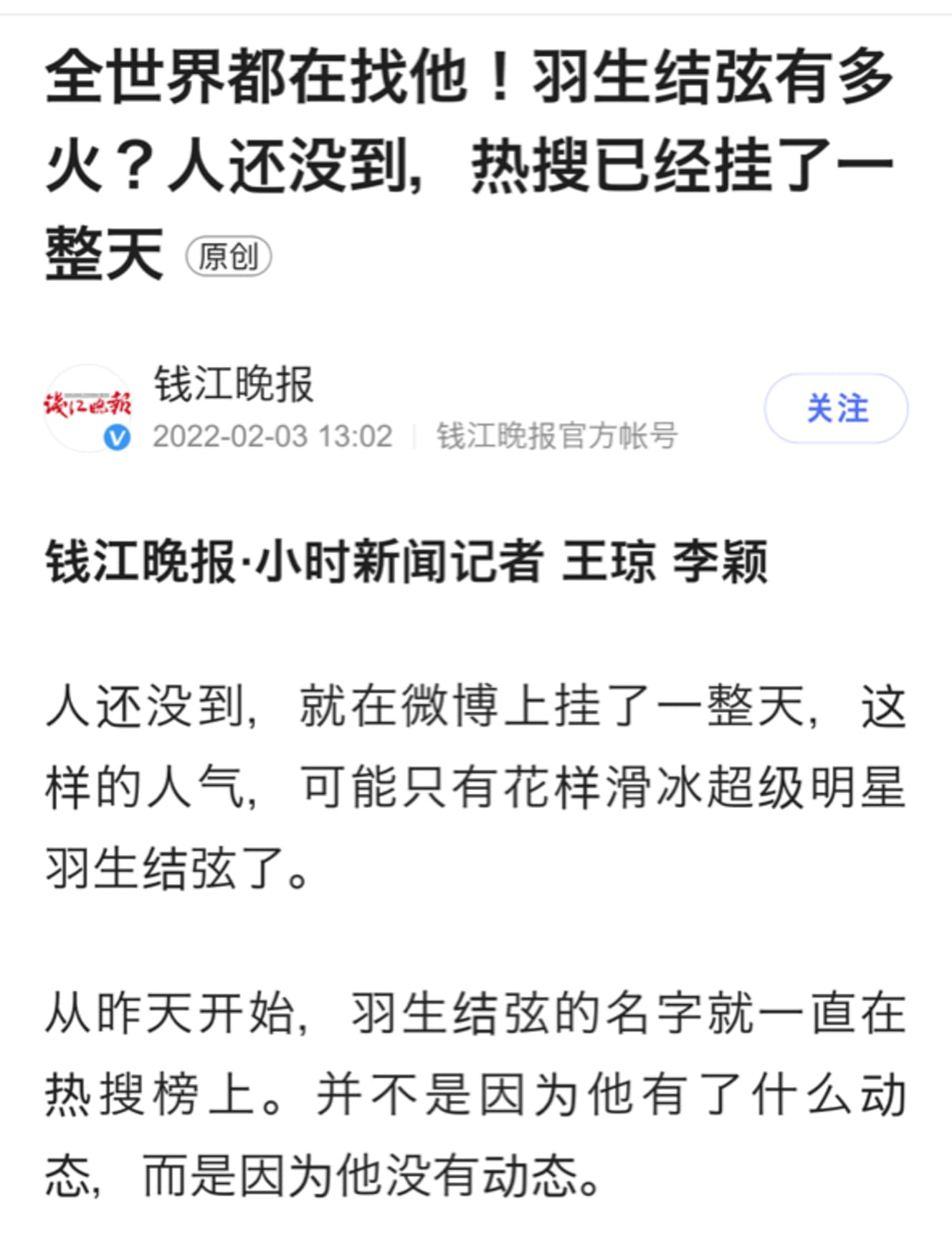
First of all, Yuzuru Hanyu is unbelievably strong. He has won two Olympics in a row, and he will try to win three in a row at the Beijing Olympics. Top athletes who have left their mark on history, such as Ronaldo and Messi in soccer, Michael Jordan in basketball, and Carl Lewis in track and field, are popular abroad for that reason alone.
Of course, it seems that the reason for Hanyu’s popularity in China is not just because he is strong. One of the reasons that is often cited is her neutral, soft, and graceful looks. One of the reasons often cited is his neutral, soft, and graceful look, which was described by a Weibo fan account as “like the main character in a girl’s manga. Yuzuru Hanyu has also appeared in advertisements for the skincare product “Yukihakasei,” but there can’t be many male athletes who can do that.
The image that Chinese people have of Japanese men is firmly based on the image of Japanese soldiers in anti-Japanese movies (anti-Japanese movies). Many of them are portrayed as rough and ruthless bastards, which is the opposite of the Hanyu image. After the war, Ken Takakura became overwhelmingly popular and well known in China from the 1980s onward, but he has a strong image of being rude, clumsy, quiet, and serious. In fact, many Japanese men up to a certain generation were probably like that.
Politicians such as Junichiro Koizumi, Shinzo Abe, and Shintaro Ishihara are also very well known, but their image in China is, as you might guess, that of a “scary old man. The negative image of Japanese men as a mass of male chauvinism and always domineering towards women is also strong in China.
Yuzuru Hanyu must have comfortably betrayed this negative image that strongly exists among Chinese people. For example, with all due respect to Daisuke Takahashi, I don’t know if he would have been as popular in China if he had won the Olympics two years in a row. Daisuke Takahashi’s character is so masculine that it would not have been surprising enough to betray the stereotype of the Chinese.
Also, in men’s figure skating, although China’s Kim Bo-Yang is in the top ranks, the competition for the top spot is fierce and has not reached a level that threatens Hanyu’s existence. If a Chinese athlete becomes Hanyu’s rival, naturally, the cheering will lean toward his home country. In major competitions such as track and field and swimming, there are many world-class Chinese athletes, so they would not have been inclined to support the Japanese athlete.
Even if they had achieved greatness in sports, if it had been in a sport with a “full-on Japanese flavor,” such as judo or karate, the Chinese would not have been able to cheer for them with open arms, nor would they have attracted much attention. Hanyu’s popularity blossomed because he was competing in figure skating, a sport with a Western flavor.
I heard that the Beijing Olympics were not very exciting in Beijing. A Japanese man living in Beijing said, “There are objects here and there in the city, but they are hardly talked about. I think there are even people who don’t know that the Olympics are being held,” he said.
It may be that the Chinese authorities are hoping to take advantage of Hanyu’s popularity to liven up the Beijing Olympics as much as possible. Otherwise, government-approved media such as the aforementioned Qianjiang Evening News would have published articles in support of Hanyu, or a Foreign Ministry spokesman would have taken the trouble to say of Yuzuru Hanyu, “Leave it to us to support him there! There is no way that a government-approved media outlet like the Evening News would go out of its way to write an article in support of Hanyu, or that a Foreign Ministry spokesman would say about Yuzuru Hanyu, “Please leave the cheering to us! From the Chinese government’s point of view, Hanyu’s ability to respond with consideration in all directions makes him an object of support that they can feel comfortable with.
He has the humanity to make a series of divine responses, the soft looks, the absence of Chinese rivals, and the government authorities who want to make the Beijing Olympics more exciting. …… It seems that Hanyu’s popularity in China will continue for a while longer.
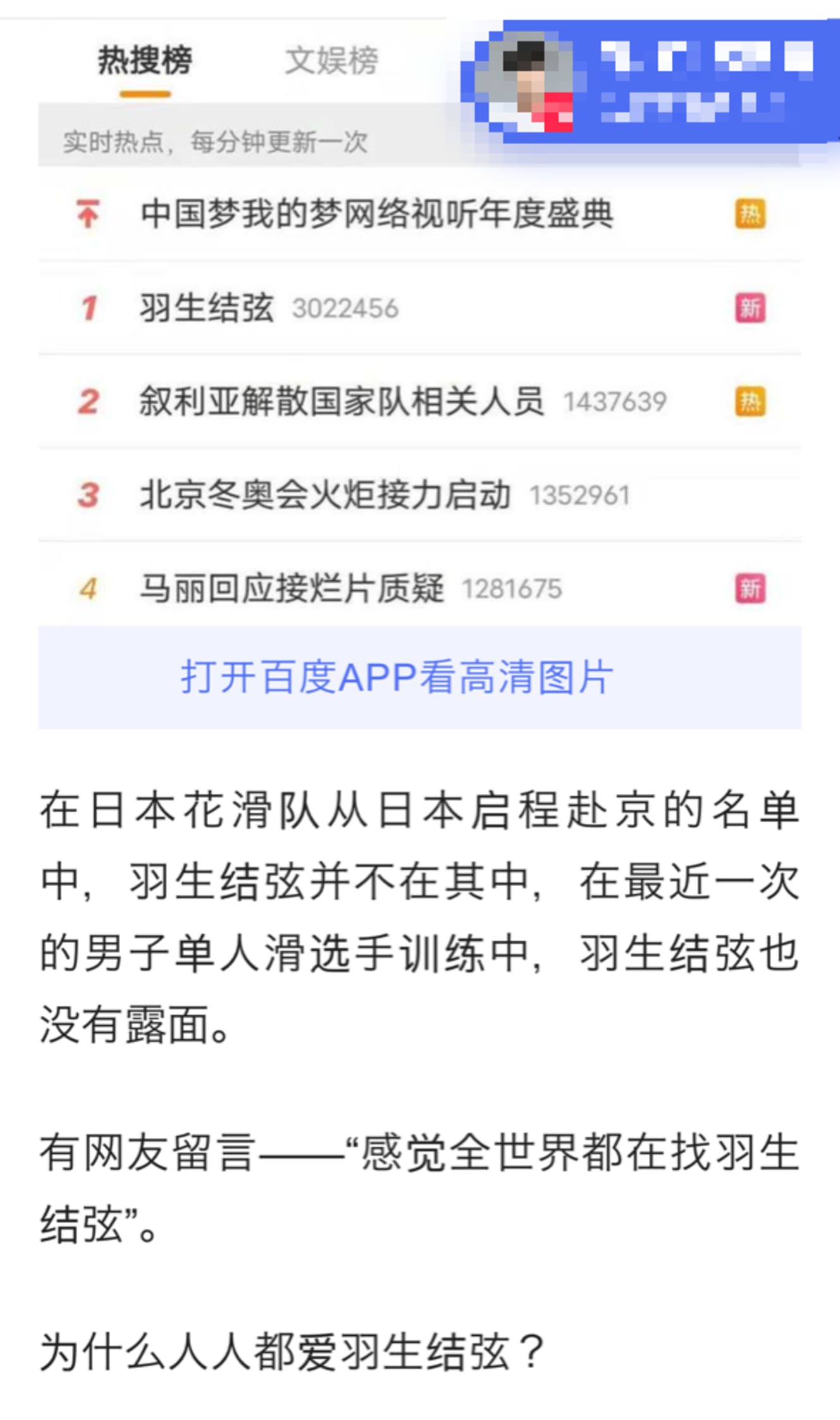
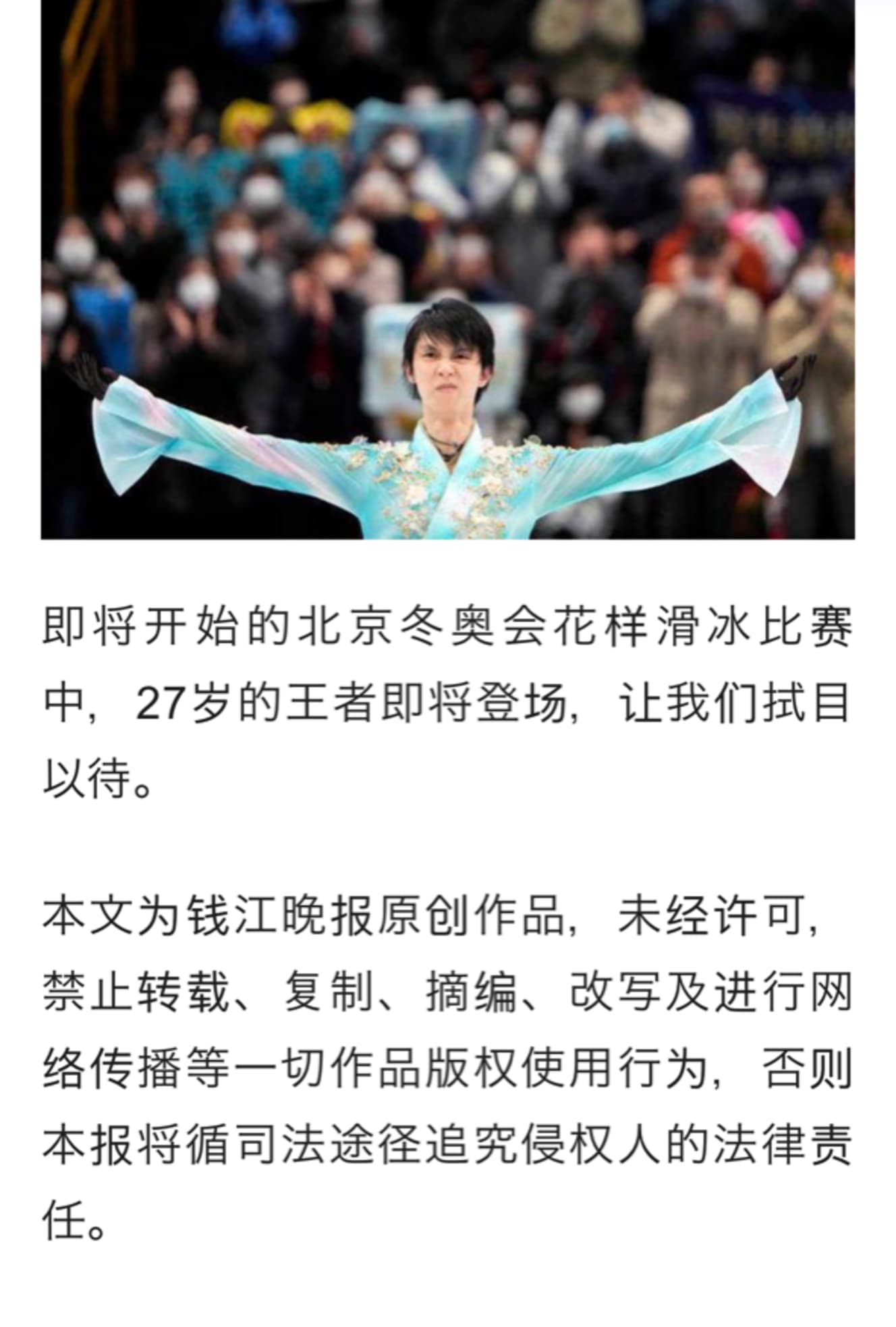
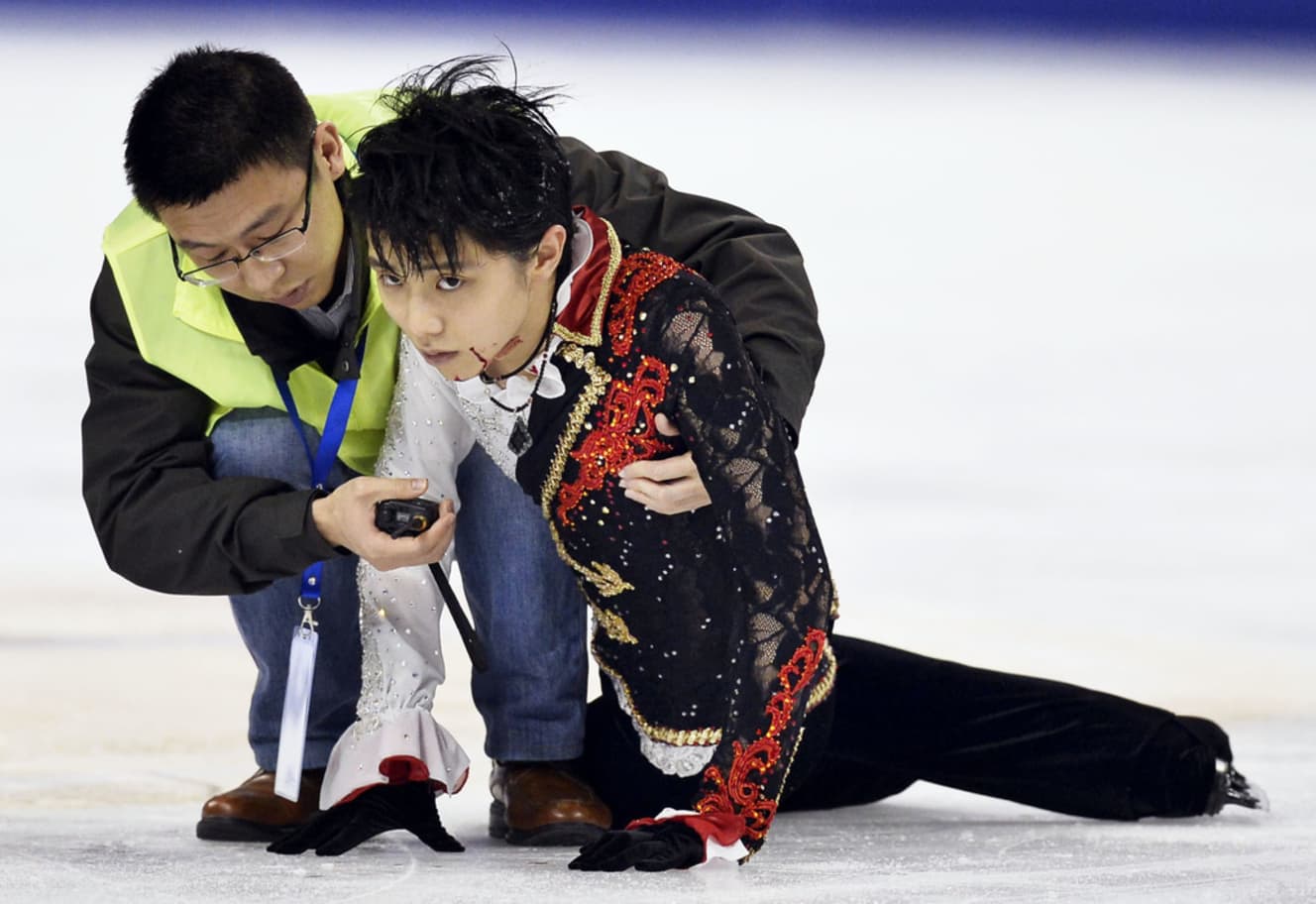
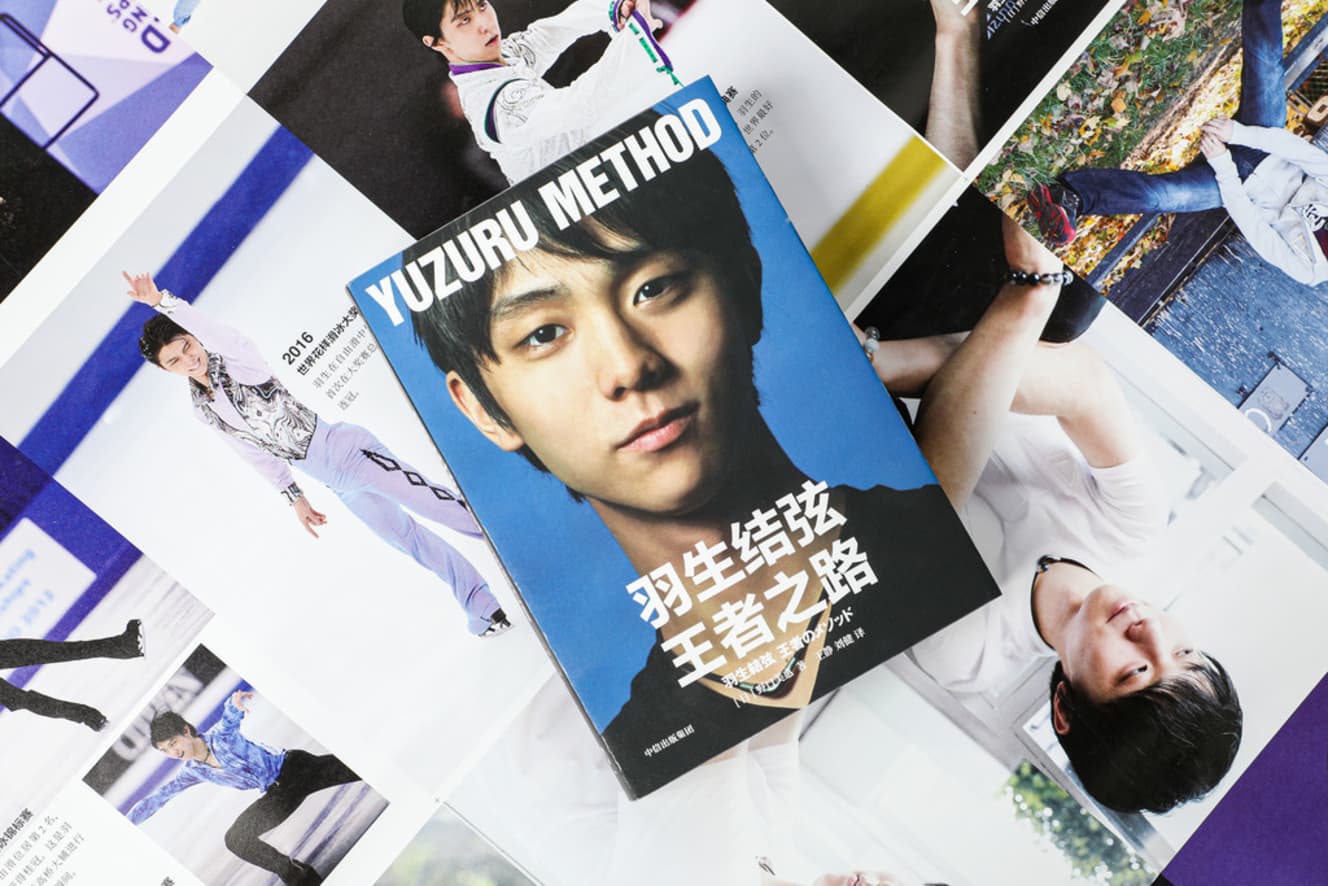
Interview and text by: Itaru Nishitani
Writer, born 1981 in Kanagawa Prefecture. Graduated from the School of Social Sciences at Waseda University. After working as a reporter for the Niigata Nippo, he became a freelance writer, and moved to Shanghai from 2009 to 2003, reporting on the current situation in China from there. Author of "Report: Diary of a Chinese "Undercover Worker"" (Shogakukan Shinsho) and "Report: Digital China Experience" (PHP Business Shinsho).